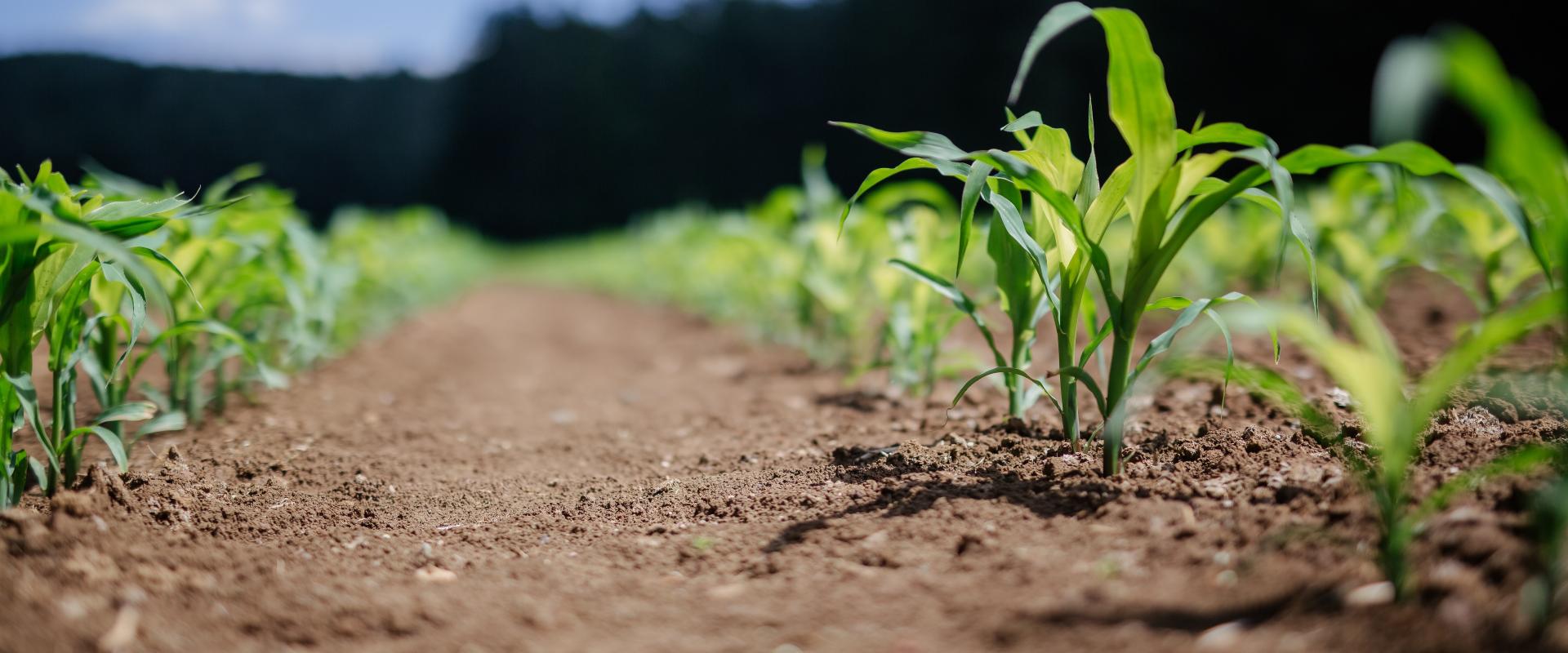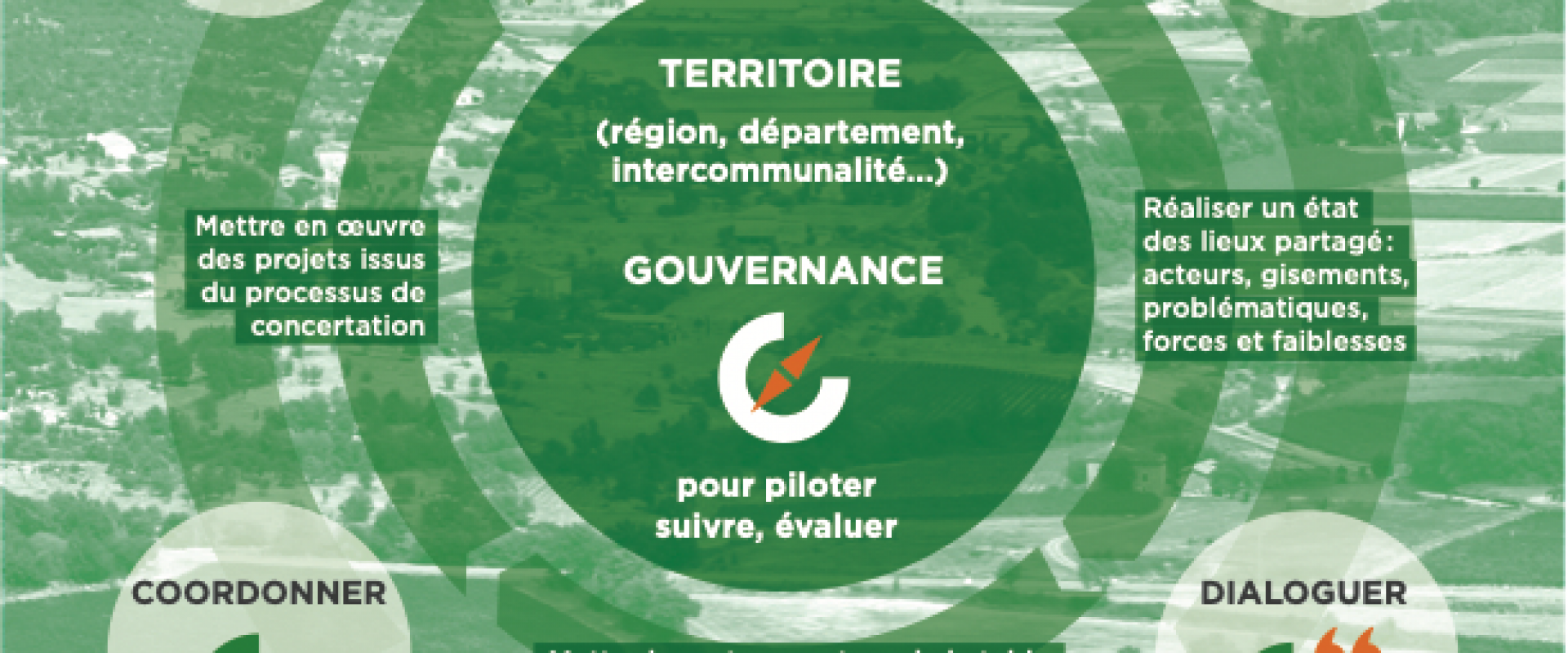Territorial consultation on (soil) organic matter by multiple stakeholders in the North of France (ConcerTO)
Multiple actors in Région Pays de la Loire territory of the Pays de la Loire region (France) have been engaged to test the ConcerTo methodology for a better management of organic matter (along with 4 others territories in other regions of France). The ConcerTO methodology aims to develop a global vision of existing and potential value chains, current experiments, and projects’ learning around the topic of organic matter, with the aim to make the latter a tool for territorial development supporting the deployment of the circular bioeconomy.
Description
The territories engaged in the process started a 30 months trial in 2020, receiving support from ADEME, The French government Agency for the Ecological Transition. Overall, the aim is to facilitate the exchange of approaches from the different stakeholders, gaining a better knowledge of technical and scientific datathrough the implementation of transversal activities, in a multi-actor, multi-location approach.
Between April 2020 and November 2022, the Pays de la Loire region activated more than 150 stakeholders from 80 organisations : EPCI (inter communal public cooperation units), state services, companies, association, councelling services, and other entities.
The 5 territories (regions, departments, inter-municipalities) engaged in the process are key public actors to reach out to the identified stakeholders at the local level. The key stakeholders of these territories, coordinated by Ademe’s staff, started testing the adoption of the ConcerTO methodological handbook which was developed.
The territorial consultation counts on collective intelligence for the stakeholders of organic matter to identify the issues at stake and to brainstorm on the potential solutions that can be adopted.
During one of the activities where territorial actors were involved, one of the “focus group” worked on the theme “Back to the soil” with the aim to identify the true agronomic value of organic matter, and progressively move away from the pure fertilisation logic by closing the gap between organic matter outputs and inputs at the local scale (linking producers to processors).
Sources of organic matter can be found in different environments (i.e., urban, agriculture, industry). They lie at the crossroad of multiple public and private interests such as waste valorisation, renewable energy production, alternatives to chemical fertilisers, biodiversity and carbon storage. To limit the competition on the access to organic matter, and to increase the quality of the soil amendment generated by organic waste management, there is a stringent need to open a discussion on circularity and resources use involving all stakeholders.
Based on stakeholders’ consultations at a pilot trial, the main challenge that arose was how to valorize the organic matters generated in the territories to provide benefits for a living and fertile soil while uniting all actors. Participants especially put forward the need to distinguish between the different types of organic matter (organic waste) at stake, highlighting the importance of placing soils’ needs, soil life and soil fertility at the heart of the matter.
Furthering the discussion on how to address this concern in more detail is currently being debated by the different actors engaged in the process, which have preliminary identified a number of actions to set in place to address the concern:
- Develop a map and a database (of existing sources of organic matter (supply side) and stakeholders’ needs (demand side), develop a common methodology to establish the territorial mapping of organic matter, and to include a common frame to analyse soils’ needs;
- Identification of synergies, linking of relevant actors;
- Strengthen the communication and the education on the topic to raise awareness, using a common argument for the citizens, the public administration, the professionals (related to the sorting at the origin/source), students and researchers;
- Realise a web watch and share the information with the stakeholders;
- Take into consideration the catchment area of the waste operators;
- Ensure the political support of the Region.
Learn more about the Data on a national scale of the ConcerTO method.
Read the synthesis of the ConcerTO experiment with Pays de la Loire.

